In vitro fertilization (IVF), commonly known as test-tube baby, is a medical procedure used to help couples who are struggling with infertility to conceive a child. It involves the fertilization of an egg with sperm outside the body in a laboratory, and then the resulting embryo is transferred to the woman's uterus for implantation and growth.
IVF is a complex and multi-step process that requires the involvement of medical professionals, including fertility specialists, embryologists, and nurses. The procedure typically begins with the woman undergoing hormonal stimulation to produce multiple eggs. This is done through the administration of fertility drugs that stimulate the ovaries to produce more eggs than in a natural cycle.
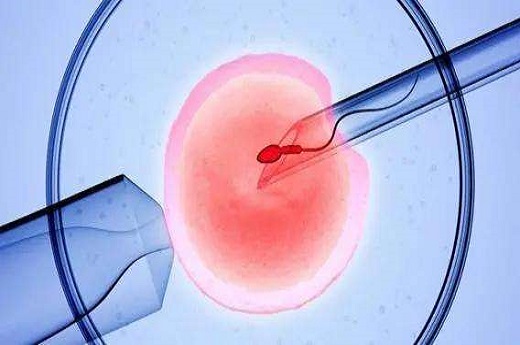
Once the eggs are mature, they are retrieved from the woman's ovaries using a needle guided by ultrasound. This procedure is usually performed under sedation or anesthesia to minimize discomfort. The retrieved eggs are then placed in a petri dish and combined with sperm obtained from the male partner or a donor.
The fertilization process takes place in a controlled laboratory environment, where the eggs and sperm are incubated together. After a few days, the fertilized eggs develop into embryos. The embryos are closely monitored by embryologists to assess their quality and development.
The next step is the embryo transfer, where one or more embryos are transferred into the woman's uterus. This procedure is usually done without anesthesia and is relatively painless. The embryos are carefully placed into the uterus using a thin catheter, and the woman is advised to rest for a short period afterward.
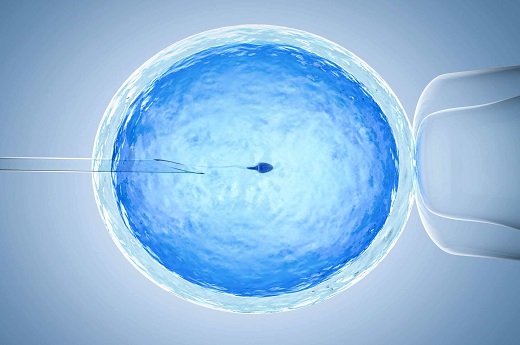
Following the embryo transfer, the woman may be prescribed medications such as progesterone to support the implantation and growth of the embryos. Approximately two weeks after the embryo transfer, a pregnancy test is performed to determine if the IVF cycle was successful.
While IVF offers hope to many couples struggling with infertility, it is important to note that it is not always successful. The success rates of IVF vary depending on various factors, including the age of the woman, the quality of the embryos, and the underlying cause of infertility.
IVF can also be accompanied by certain risks and complications, including multiple pregnancies, ovarian hyperstimulation syndrome, and ectopic pregnancy. It is essential for couples considering IVF to have a thorough understanding of the procedure and discuss the potential risks and benefits with their healthcare provider.

In conclusion, in vitro fertilization, or test-tube baby, is a medical procedure that helps couples overcome infertility and achieve pregnancy. It involves the fertilization of eggs with sperm outside the body, followed by the transfer of embryos into the woman's uterus. While IVF offers hope to many couples, it is important to be aware of the risks and potential limitations associated with the procedure.
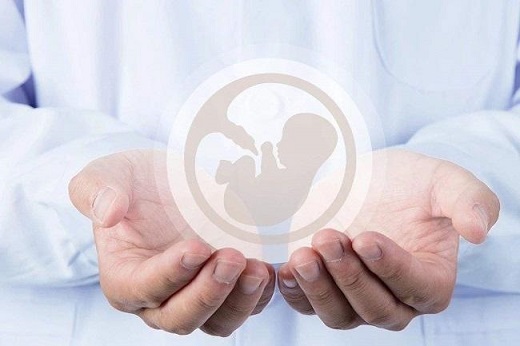
试管婴儿是指通过体外受精技术将受精卵培养至一定阶段,然后再将其植入到母体子宫内进行妊娠的一种生殖技术。近年来,试管婴儿技术在世界范围内得到了广泛应用,而且女婴的出生率明显高于男婴。下面将从生理、社会和心理等方面解释为什么试管婴儿女婴多。 1. 生理原因 试管婴
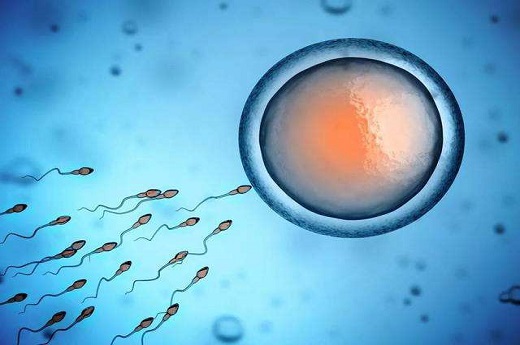
试管婴儿是一种辅助生殖技术,通过体外受精和胚胎移植的方式,帮助那些无法自然受孕的夫妇实现生育愿望。在试管婴儿过程中,医生通常会建议患者减肥。这是因为减肥可以提高试管婴儿的成功率,降低并发症的风险。 1. 提高生育成功率 减肥可以改善女性的生育环境,提高试管婴儿
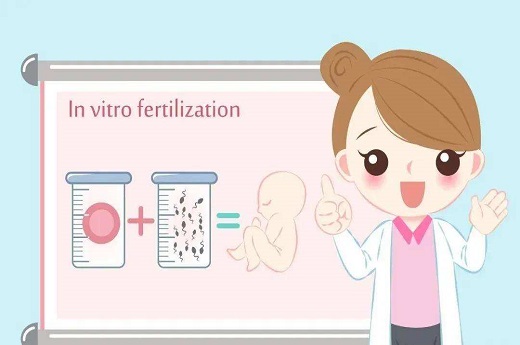
女人做试管婴儿的害处 试管婴儿是一种辅助生殖技术,通过将女性的卵子和男性的jz在体外受精后再将受精卵移植到女性子宫中,以帮助那些无法自然受孕的夫妇实现生育的愿望。虽然试管婴儿技术为许多夫妇带来了希望,但它也存在一些潜在的害处。下面我们将详细讨论女人做试管婴儿的害
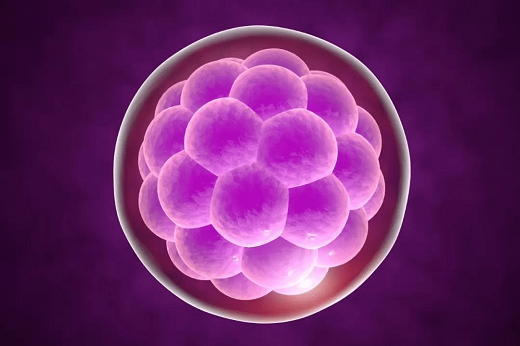
试管婴儿,即通过辅助生殖技术在体外受精后移植到母体内发育的婴儿,是现代医学的奇迹之一。由于试管婴儿的出生方式与自然受孕有所不同,因此在药物使用方面也需要特别注意。那么,试管婴儿什么时候可以吃药呢?本文将为您详细解答。 胚胎移植后的药物使用 试管婴儿的胚胎移植

试管婴儿:科技与生命的交汇 试管婴儿,也被称为辅助生殖技术(ART),是一项通过人工辅助手段帮助无法自然受孕的夫妇实现生育愿望的医学技术。试管婴儿的出现引起了广泛的关注和讨论,其本质上是一项科技与生命的交汇,既带来了希望和喜悦,又引发了一系列的和道德问题。 试
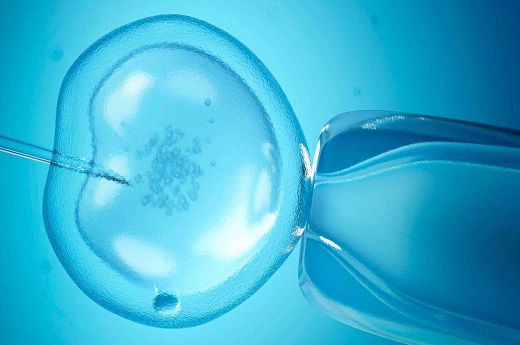
试管婴儿后期测试流程 试管婴儿是一种辅助生殖技术,通过体外受精和胚胎移植的方式帮助那些由于生理原因无法自然受孕的夫妇实现生育梦想。在试管婴儿的整个过程中,后期测试是非常重要的一环,它可以帮助医生评估胚胎的发育情况,确保胚胎的健康和成功妊娠的可能性。本文将详
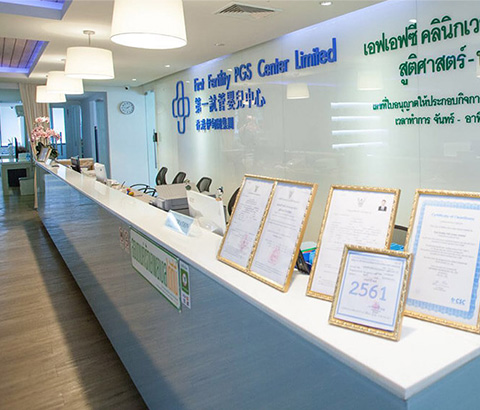
泰国第一试管婴儿中心位于曼谷市中心四季酒店附近,占地1500平方米,是曼谷大型的泰国试管婴儿医院专科诊所之...

泰国三美泰医院成立于1979年,是泰国同行业中出于领先地位的私立医院集团。其中的总院三美泰素逸坤医院,位于...

泰国威它尼医院是一所在泰国领军的泰国试管婴儿医院,同时面向本地和国际病患。自1994年成立以来,一直提供更...

泰国康民国际医院,泰国试管婴儿医院创立于1980年,2002年首获全亚洲第一个JCI国际医疗认证。位于泰国曼谷的核...